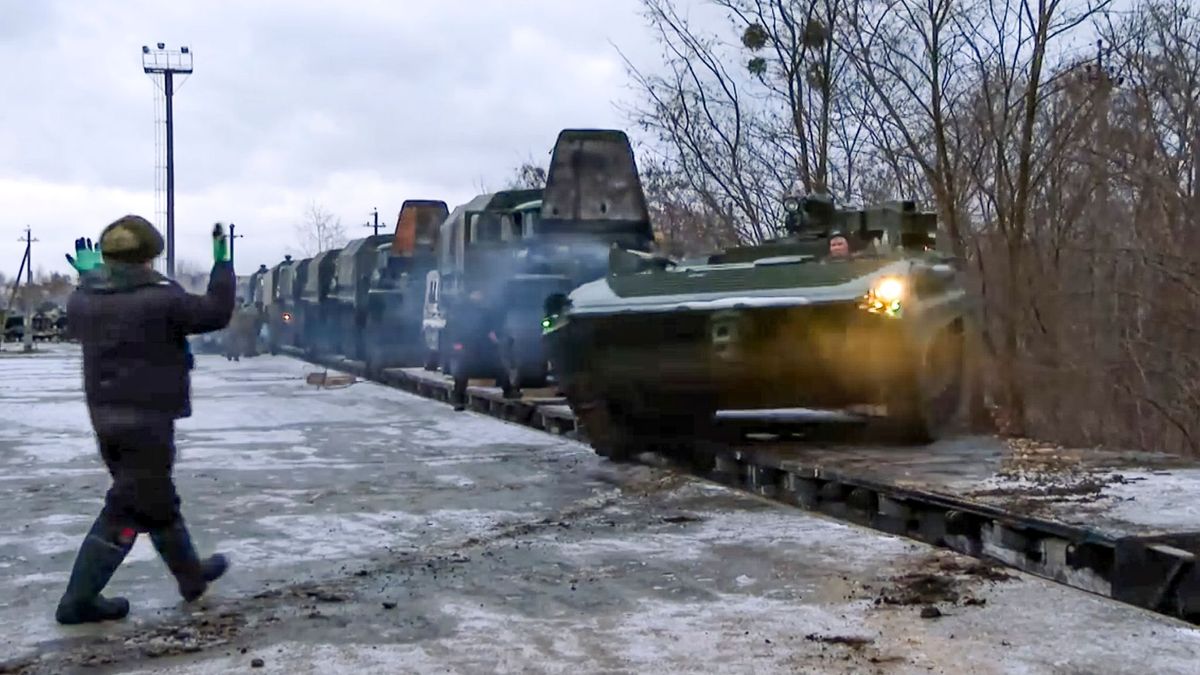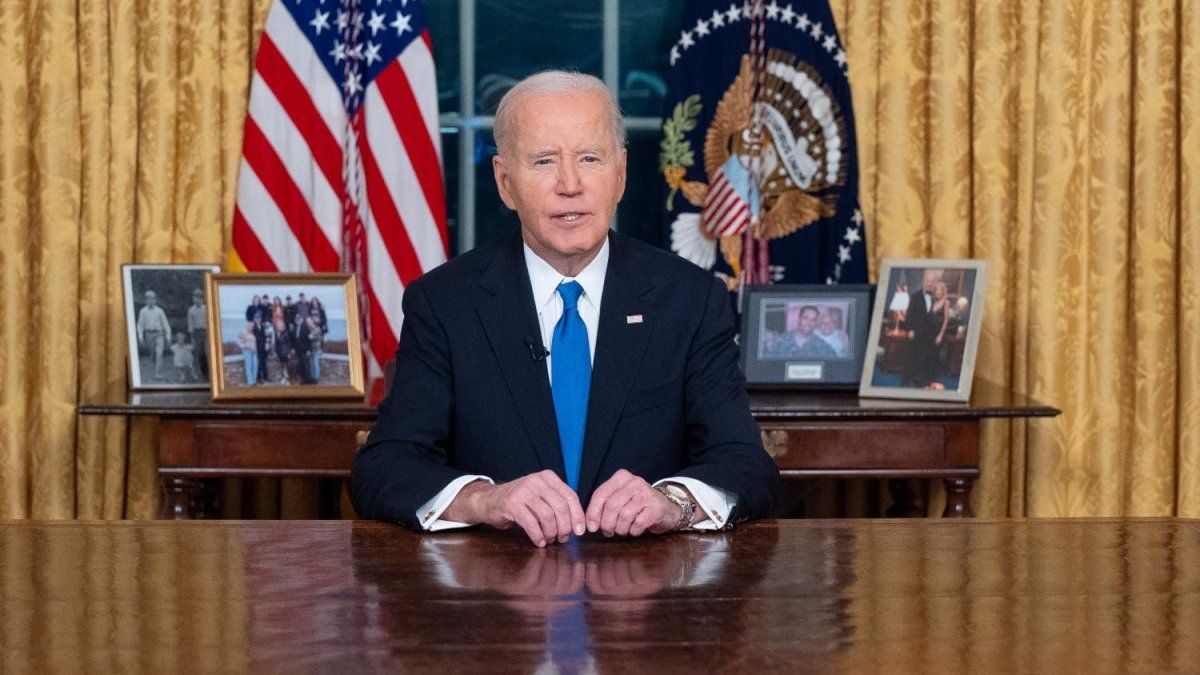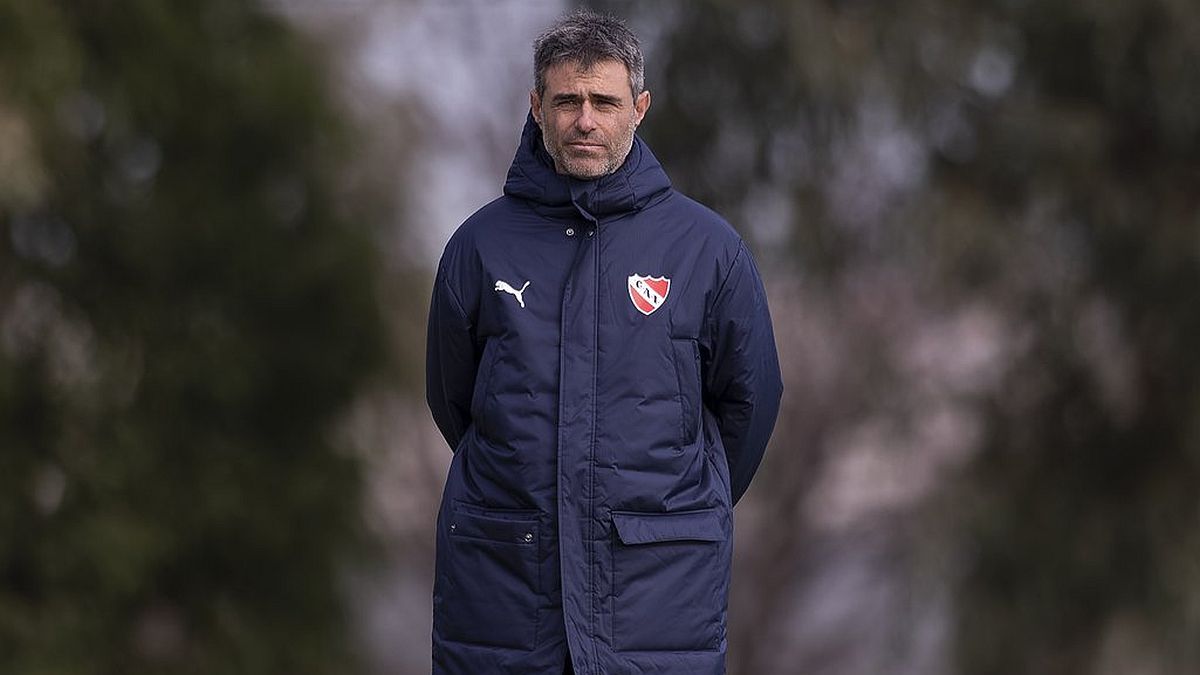Both the United States and NATO rejected Moscow’s key demands in writing on Wednesday: an end to the policy of expanding the transatlantic alliance into the former Soviet zone of influence and a military withdrawal to 1997 positions.
With tens of thousands of soldiers deployed on the border with Ukraine fueling fears of a possible invasion, Russia alleges that it feels threatened and is seeking to redesign the European security architecture that emerged after the end of the war. Cold War and the fall of USSR.
“It cannot be said that our views have been taken into account or that there is a willingness to address our concerns”Kremlin spokesman Dmitri Peskov told reporters, noting that his government “will not be in a hurry” to respond to the US rejection.
For his part, the Russian Foreign Minister, Sergei Lavrov, lamented the negative response “to the main issue” raised by Russia: that NATO should not expand, especially to Ukraine.
But he left the door open for dialogue, noting that “there is a reaction that allows one to hope for the start of a serious discussion on secondary issues.”
US Secretary of State Antony Blink he indicated the day before that he had proposed “a serious diplomatic channel if Russia wishes it.” Previously, Washington had evoked commitments on arms control or transparency in military exercises.
As diplomatic maneuvering multiplies, fears of a war escalation continue to resonate in eastern Europe, with some 100,000 Russian soldiers deployed on the Ukraine border since the end of the previous year.
Blinken’s number two, Wendy Sherman, pointed out that “everything indicates” that the president Vladimir Putin “He will use military force at some point, perhaps between now and mid-February.”
Moscow rejects any warlike intention and claims to respond to the threat posed by NATO, which it asks for “legal guarantees” to stop its expansion towards its former area of influence.
But both the United States and the transatlantic alliance refuse to do so, citing the right of each country to choose its allies.
Western powers have threatened Russia with major economic sanctions if its troops advance into Ukraine.
The head of German diplomacy, Annalena Baerbock, indicated that these would affect the controversial Russian-German gas pipeline Nord Stream II, which awaits its launch.
For the first time, China It positioned itself in this crisis and aligned itself with the theses of Russia, with whom it is usually close.
“Russia’s reasonable security concerns must be taken seriously and resolved,” Foreign Minister Wang Yi said in a call with Blinken, calling on all sides to “refrain from escalating tension.”
On his side, the Secretary of State warned Beijing that Russia’s aggression against Ukraine would pose “global economic and security risks.”
Although the crisis has escalated, Ukraine has been a focus of tension since 2014, when Russia annexed the peninsula of Crimea and a conflict broke out between pro-Western authorities in Kiev and pro-Russian separatists in the eastern part of the Donbás which has left more than 13,000 dead.
Source From: Ambito
David William is a talented author who has made a name for himself in the world of writing. He is a professional author who writes on a wide range of topics, from general interest to opinion news. David is currently working as a writer at 24 hours worlds where he brings his unique perspective and in-depth research to his articles, making them both informative and engaging.




